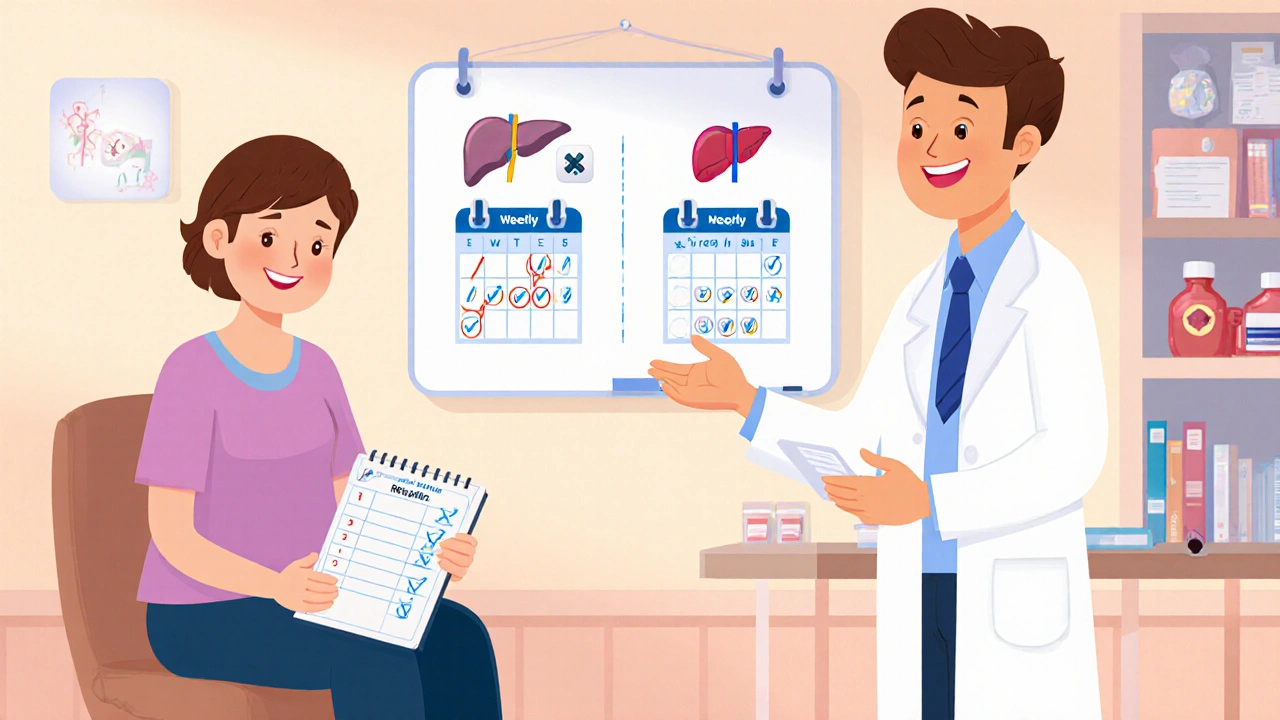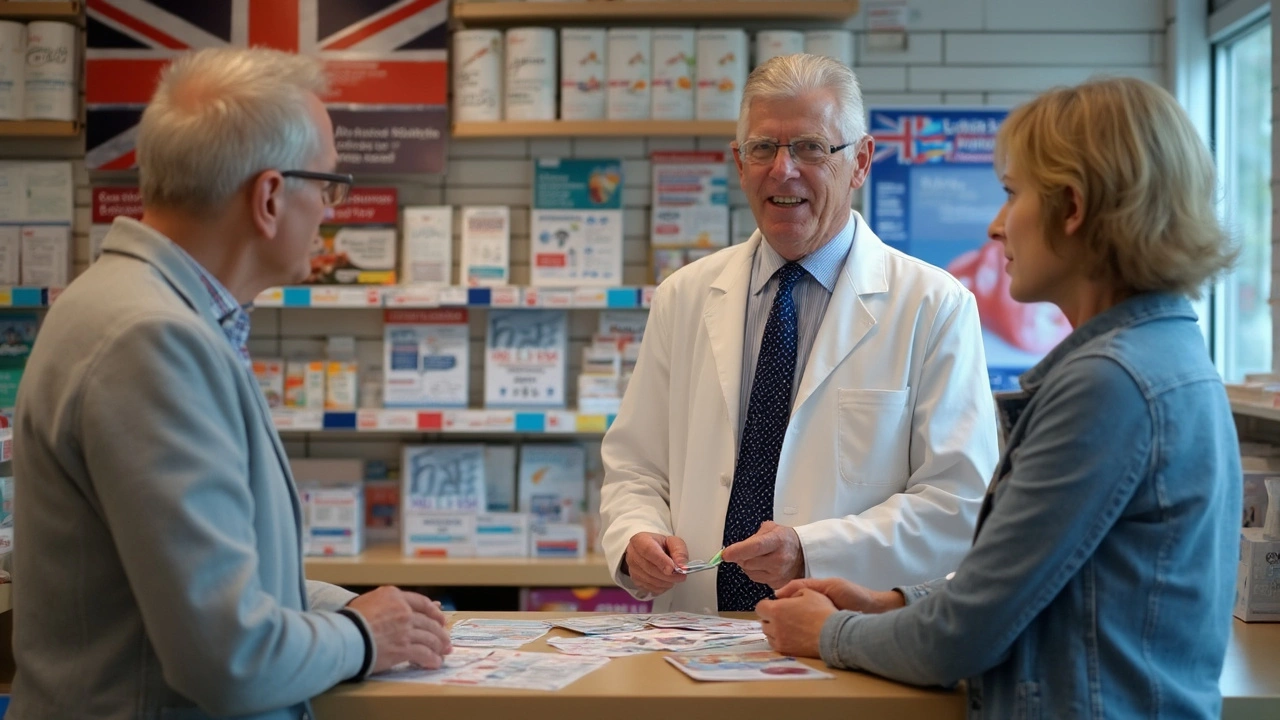Cholesterol medication: what to know and what to do
High cholesterol is common, but the right medication can cut your heart and stroke risk a lot. This page helps you understand the main drug choices, common side effects, how doctors monitor treatment, and smart safety tips when buying meds online. No fluff — just the basics you need to talk with your doctor and stay safe.
Which drugs are used for cholesterol?
Statins are the go-to drugs. Names you might see: atorvastatin, simvastatin, rosuvastatin. They lower bad LDL cholesterol and are proven to reduce heart attacks. If statins alone don't get your numbers down, doctors may add ezetimibe (it blocks cholesterol absorption) or newer PCSK9 inhibitors (injections for people at very high risk). Other classes include bile acid sequestrants, fibrates, and niacin, which are used in specific situations.
Doctors pick a drug based on your overall risk: age, blood pressure, smoking, diabetes, family history, and how high your LDL is. If you have known heart disease or a very high LDL, treatment starts sooner and is more aggressive.
Side effects, monitoring, and common problems
Muscle aches are the side effect people worry about most. If you feel new muscle pain, tell your doctor — they may check a blood test, lower the dose, try a different statin, or suggest alternate-day dosing. Rarely, statins affect the liver, so doctors usually check liver enzymes before starting and again if symptoms appear.
Some statins interact with other drugs and foods. Grapefruit and certain antibiotics can raise statin levels, increasing side effect risk. Always tell your prescriber about every medicine and supplement you take.
If you're pregnant or breastfeeding, statins are not recommended. Women who could become pregnant should plan with their doctor before starting therapy.
Lifestyle still matters. Medicines work better when you also eat a heart-healthy diet, move more, and quit smoking. Weight loss and cutting saturated fats can lower LDL and sometimes reduce the dose you need.
Not tolerating one statin doesn't mean you can't take any. Discuss options: a different statin, lower dose, or adding ezetimibe. For very high risks, PCSK9 injections can be a good choice and may rapidly lower LDL.
Buying meds online? Use only licensed pharmacies. Check for a real address, pharmacist contact, and require a prescription. Avoid sites that sell prescription drugs without one. If something looks too cheap or offers no pharmacist support, walk away.
Talk openly with your doctor about goals and side effects. Keep records of your cholesterol numbers and any symptoms. With the right drug and follow-up, most people reach safer cholesterol levels and cut their risk of serious heart events.
Statin Intolerance Clinics: How Structured Protocols Help Patients Tolerate Cholesterol Medication
Statin intolerance clinics use structured protocols to help patients who experience muscle side effects from cholesterol-lowering drugs. Most can tolerate statins again with the right approach-switching types, lowering doses, or using intermittent schedules.
Read MoreLipitor: Cholesterol Facts, Side Effects, and Tips for Taking Atorvastatin Safely
Lipitor, the widely prescribed cholesterol-lowering drug, is a go-to medication for millions trying to manage heart risk. This article dishes out practical advice, uncovers interesting facts about how Lipitor works, and explains what to watch for if your doctor prescribes it. Get the inside scoop on side effects, food interactions, and stats about its effectiveness, all with real-world tips. Discover how Lipitor compared to other statins, why it’s so frequently chosen, and whether lifestyle changes really matter when you’re on medication. Stay sharp when it comes to your heart health.
Read More

